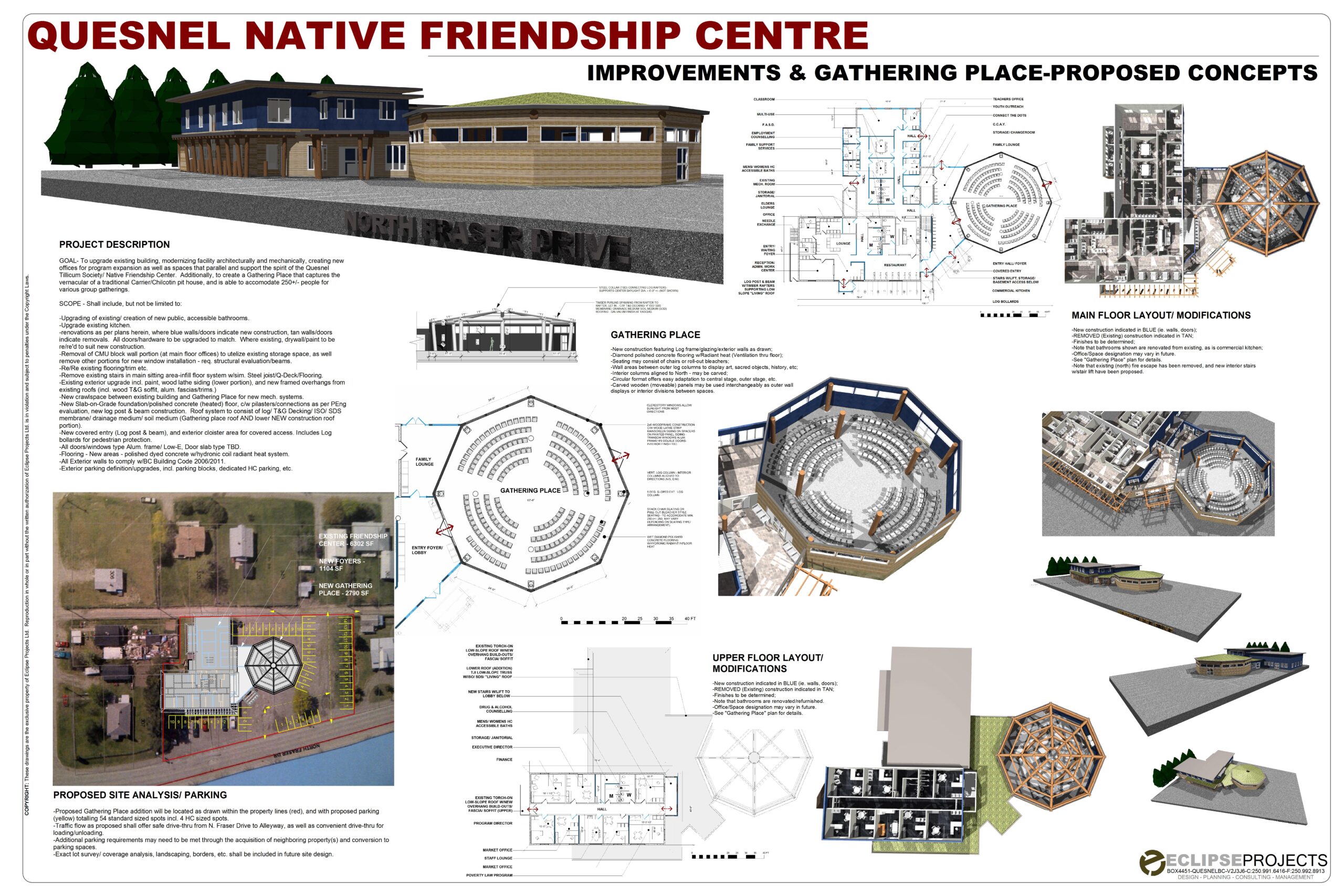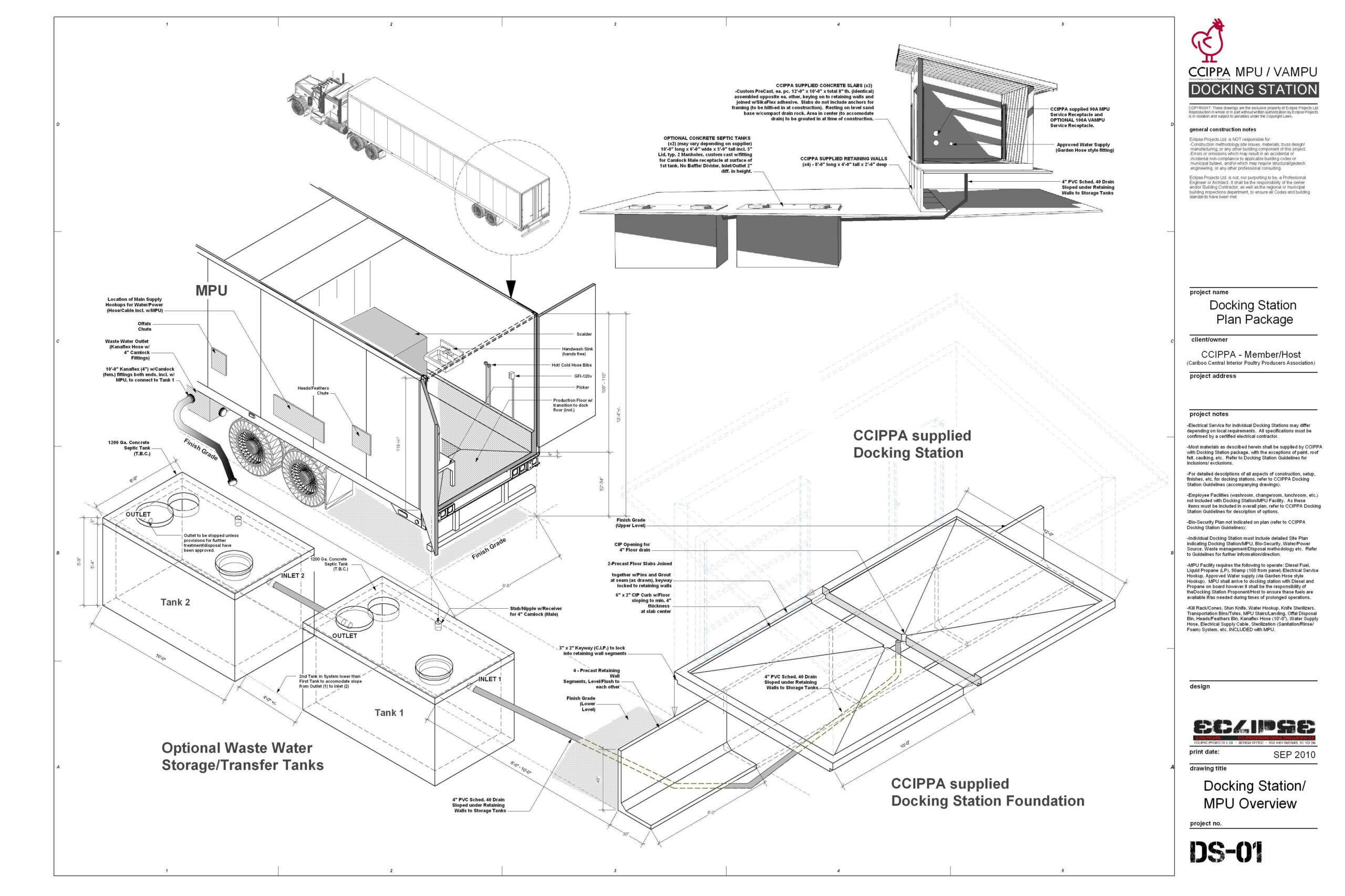
Specialized Facilities
Specialized facilities, such as laboratories, data centers, and healthcare buildings, play a vital role in various commercial sectors. Specialized facilities are designed to meet specific operational needs and standards. These include:
- Laboratories: Spaces for scientific research, testing, and analysis.
- Data Centers: Facilities that house computer systems and associated components for data storage and processing.
- Healthcare Buildings: Hospitals, clinics, and other medical facilities designed for patient care and treatment.
This requires a focus on several key principles to ensure they meet their unique functional needs.
Key Design Principles for Specialized Facilities
- Functionality and Efficiency: Ensure the design supports the specific functions of the facility. This involves understanding the workflow, equipment, and processes that will take place within the space.
- Compliance and Safety: Adhere to industry-specific regulations and safety standards. This includes proper ventilation, waste disposal, and ensuring the structural integrity of the building.
- Technology Integration: Incorporate advanced technologies to enhance operational efficiency. This can include state-of-the-art equipment, automated systems, and robust IT infrastructure.
- Flexibility and Scalability: Design spaces that can adapt to evolving needs and future expansions. Modular designs and flexible layouts can accommodate changes in technology and operations.
- Sustainability: Implement sustainable design practices to minimize environmental impact. This includes energy-efficient systems, sustainable materials, and waste reduction strategies.
Key Considerations for Different Types of Specialized Facilities
Laboratories
- Layout and Workflow: Plan the layout to support efficient workflow and minimize contamination risks. Separate areas for different types of work (e.g., wet labs, dry labs) are essential.
- Safety and Compliance: Ensure the lab meets safety standards for chemical handling, ventilation, and emergency response.
- Flexibility: Design for adaptability to accommodate new research projects and equipment.
Data Centers
- Security and Access Control: Implement robust security measures to protect sensitive data and equipment.
- Climate Control: Ensure proper cooling and ventilation to maintain optimal operating conditions for servers and other hardware.
- Redundancy and Reliability: Incorporate redundant systems for power and connectivity to ensure continuous operation.
Healthcare Buildings
- Patient Flow and Accessibility: Design for efficient patient flow and accessibility. This includes clear signage, wide corridors, and convenient access to different departments.
- Hygiene and Safety: Ensure high standards of hygiene and safety, with materials and designs that facilitate easy cleaning and infection control.
- Comfort and Aesthetics: Create a welcoming and comforting environment for patients and staff, with attention to lighting, colors, and acoustics.
Designing specialized facilities requires a deep understanding of their unique requirements and challenges. For the Eclipse Project, applying these principles can lead to the creation of functional, efficient, and adaptable spaces that meet the specific needs of laboratories, data centers, healthcare buildings, and other specialized facilities.
Innovation Unleashed: Empowering Your Ideas to Eclipse Boundaries.










